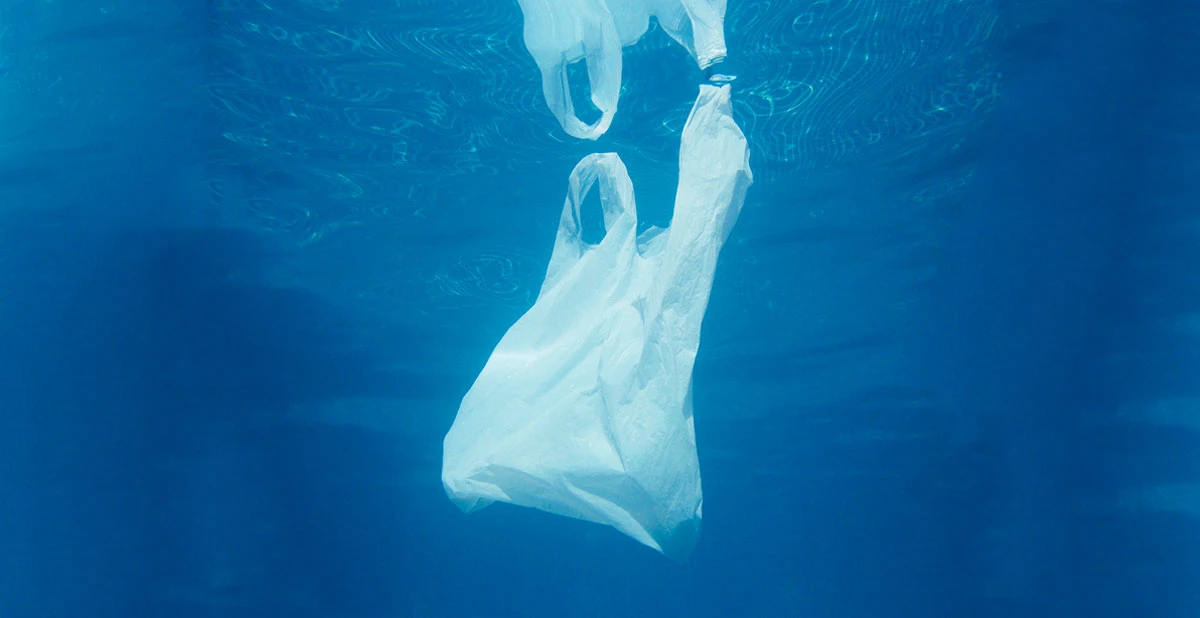As environmental issues become increasingly severe, plastic waste has become a global concern. Every year, millions of tons of plastic waste enter oceans and landfills, causing severe ecological damage. However, the development of plastic pellet recycling technology offers a sustainable solution to this problem. This article will explore the process of plastic pellet recycling, its technical challenges, advantages, and its positive impact on the environment.
The Process of Plastic Pellet Recycling
Plastic pellet recycling is a process that converts waste plastics into reusable materials. The specific steps are as follows:
• Collection and Sorting: First, waste plastics are collected and sorted by type (such as PET, HDPE, PP, etc.). This process is crucial for ensuring the quality of the recycled material, as different types of plastics have distinct physical and chemical properties.
• Cleaning and Treatment: Next, the sorted plastics are cleaned to remove impurities and contaminants. The cleaning process typically includes mechanical and chemical washing to ensure the plastic surfaces are clean and suitable for further processing.
• Shredding and Melting: The cleaned plastics are shredded into small pieces and then melted at high temperatures. The melting process requires precise temperature control to prevent plastic degradation and maintain material usability.
• Extrusion and Pelletizing: The molten plastic is extruded into thin strands, cooled, and then cut into small pellets. These pellets are the reusable plastic raw materials that can be used to manufacture new plastic products, achieving resource circulation.
Advantages of Plastic Pellet Recycling
• Reduces Environmental Pollution: Recycling waste plastics significantly reduces the amount of plastic entering the natural environment, alleviating pollution in oceans and soils. Plastic pellet recycling effectively lowers the harmful substances generated when plastic decomposes in the environment, protecting ecosystems.
• Conserves Resources: Plastic pellet recycling effectively reduces dependence on virgin plastic materials, conserving non-renewable resources like petroleum. This not only reduces production costs but also minimizes the consumption of natural resources, achieving sustainable resource utilization.
• Lowers Carbon Emissions: Producing recycled plastic pellets consumes less energy than producing virgin plastics, thereby reducing greenhouse gas emissions and helping combat climate change. Studies have shown that the carbon footprint of recycled plastics is significantly lower than that of virgin plastics, contributing positively to environmental protection.
• Promotes Economic Development: The development of the plastic pellet recycling industry can create numerous job opportunities and promote sustainable economic growth. The rise of the recycling and regeneration industry drives the development of related fields such as equipment manufacturing, logistics, and technological research, forming a new impetus for economic growth.
Positive Environmental Impact
Plastic pellet recycling not only addresses the issue of plastic waste but also brings multiple positive impacts on the environment. Firstly, it reduces the destruction of marine ecosystems caused by plastics, protecting the habitat of marine life. Ocean plastic pollution has become a global issue, and recycling can reduce the harm of plastic fragments to marine organisms, maintaining marine ecological balance.
Secondly, recycling reduces the pressure on landfills, extending their lifespan. Landfills have limited capacity, and recycling plastic reduces the volume of waste sent to landfills, prolonging their use and reducing the need for new landfill sites.
Additionally, by lowering carbon emissions, plastic pellet recycling helps mitigate the trend of global warming. The energy saved and emissions reduced by plastic pellet recycling play a positive role in alleviating global climate change, contributing significantly to achieving carbon neutrality goals.
Plastic pellet recycling technology offers a viable and sustainable path to solving the problem of plastic waste. By increasing plastic recycling rates and promoting the use of recycled plastics, we can work together to protect the Earth's environment and create a better living space for future generations. Promoting plastic pellet recycling requires the joint efforts of governments, enterprises, and the public. Only through collective action can we achieve sustainable management of plastic waste.
Explore our plastic pelletizing line to learn more about our efficient and reliable solutions for various materials like HDPE, LDPE, PP, ABS, and more. Contact us today to discuss how our machines, as leading plastic recycling machine manufacturers, can meet your pelletizing needs and contribute to your sustainability goals.
